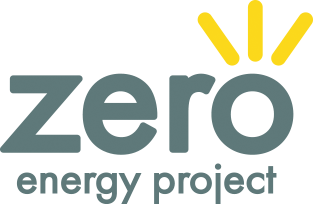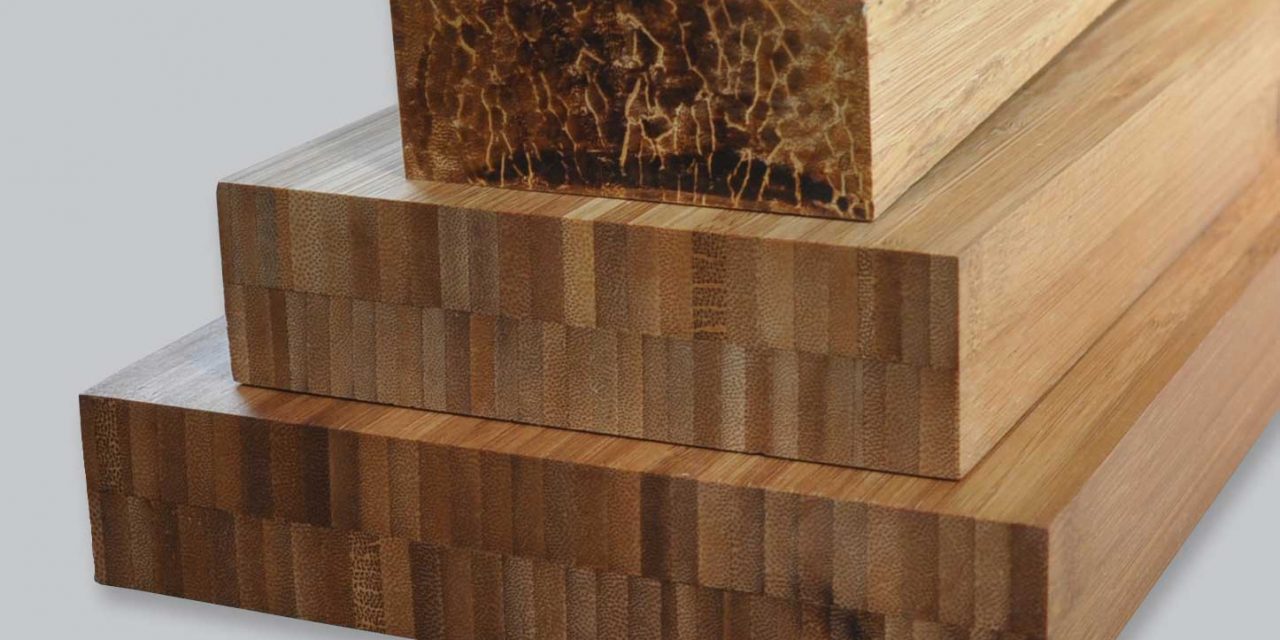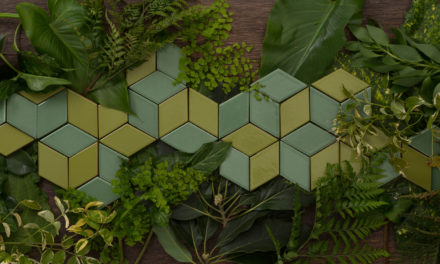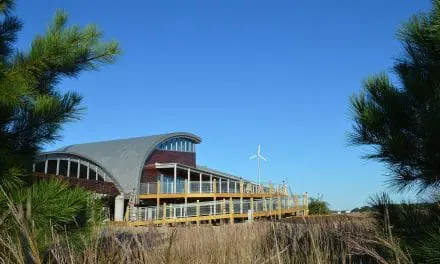For furniture, wall paneling, and cabinetry, Plyboo bamboo plywood, veneer, and dimensional lumber are as versatile as they are functional. Smith & Fong’s long-term commitment to the Earth embraces bamboo as a global environmental solution.
Sustainable forestry, green manufacturing processes, and the use of non-urea-formaldehyde–based adhesives mean that Plyboo products are among the healthiest and most-sustainable building products on the market. Scroll down to explore Smith & Fong’s next adventure: exotic, sustainably harvested palm building products.
Bamboo Dimensional Lumber
Smith & Fong now offers Plyboo bamboo dimensional lumber in Natural and Amber, Edge and Flat Grain varieties, and the full PlybooStrand line. Take your designs to the next level with these 100% FSC-certified lumber materials. Options include 2″ x 2″, 2” x 4”, 2” x 6,” 2″ x 6″, 2″ x 8″, and 4” x 4” for maximum versatility.
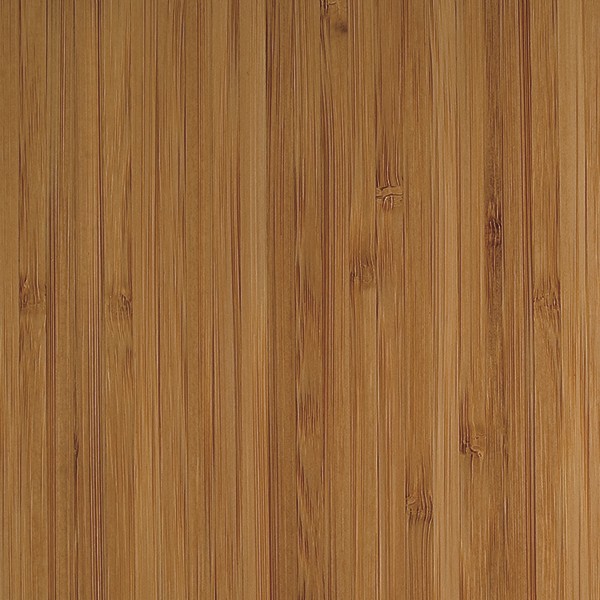
Amber Bamboo Dimensional Lumber
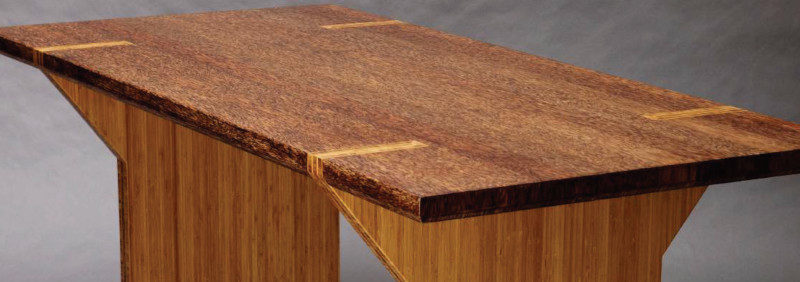
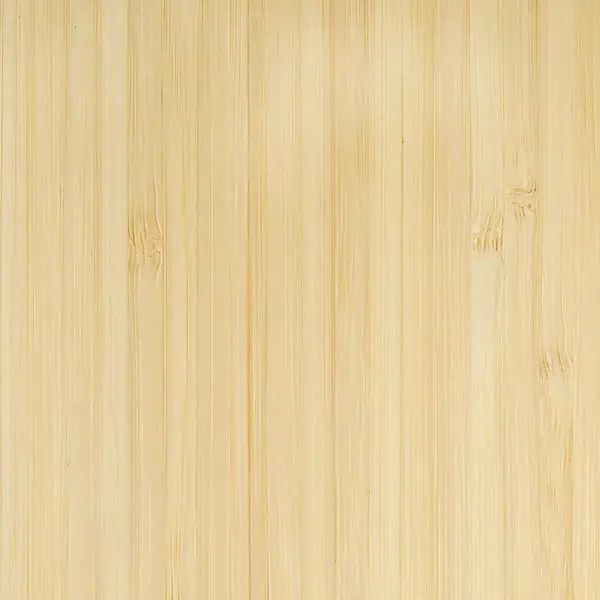
Natural Bamboo Dimensional Lumber
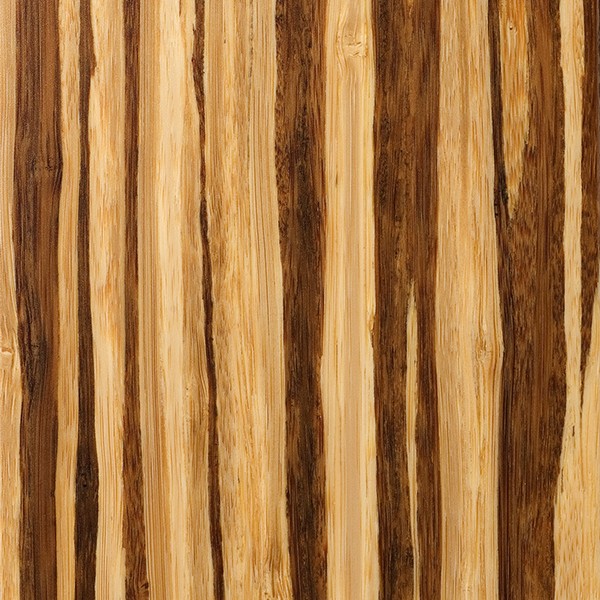
Neopolitan Bamboo Dimensional Lumber
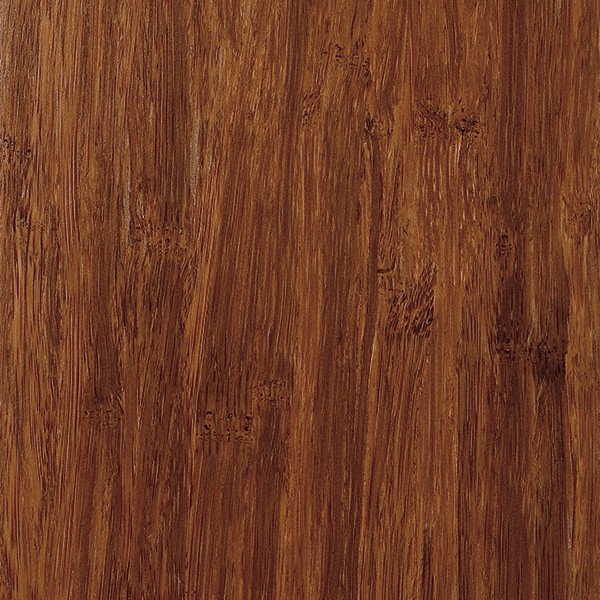
Havana Bamboo Dimensional Lumber
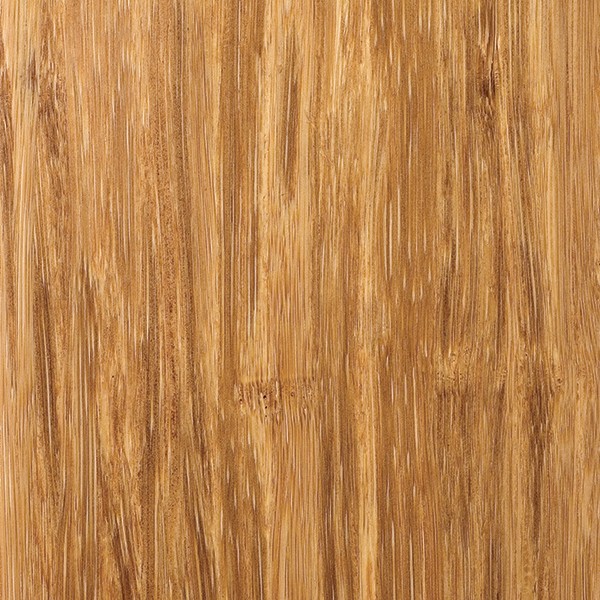
Shara Bamboo Dimensional Lumber
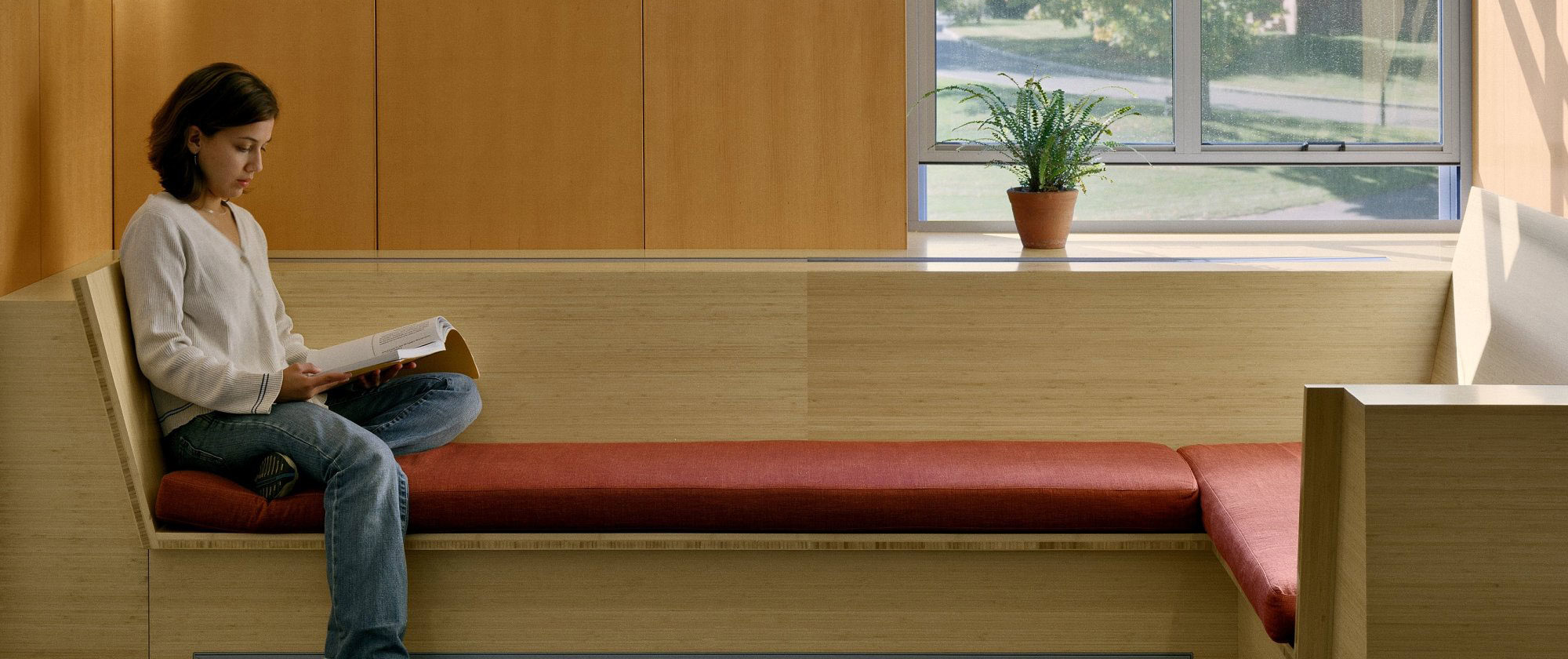
Edge Grain Bamboo Plywood
This architectural-grade bamboo plywood from Smith & Fong has a beautiful sleek look and improved dimensional stability once installed. It comes either sheet-sliced or re-sawn with a veneer either 0.6 mm or 2.0 mm thick. Versatile and functional, Plyboo Edge-Grain Plywood suits any project.

Natural Edge Grain Bamboo Plywood

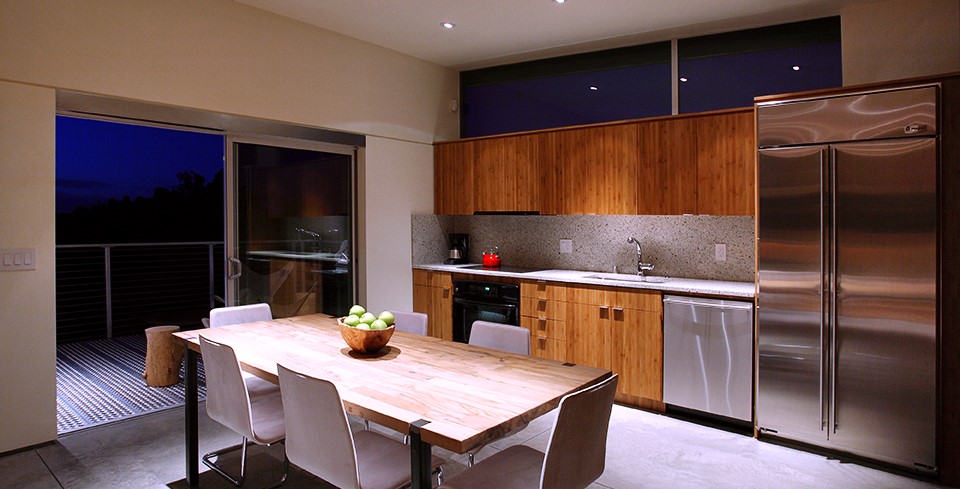
Flat Grain Bamboo Plywood
For a classic bamboo plywood style, showing off its 100% rapidly renewable credential, choose architectural-grade Plyboo flat grain. This product is made entirely of Moso bamboo showing a strip width of 22 mm on a 3.5 mm thick face with a perpendicular core. Cabinetry, casework, furniture, panels—you name it. Use it in ways only you can imagine.

Natural Flat Grain Bamboo Plywood

Amber Flat Grain Bamboo Plywood
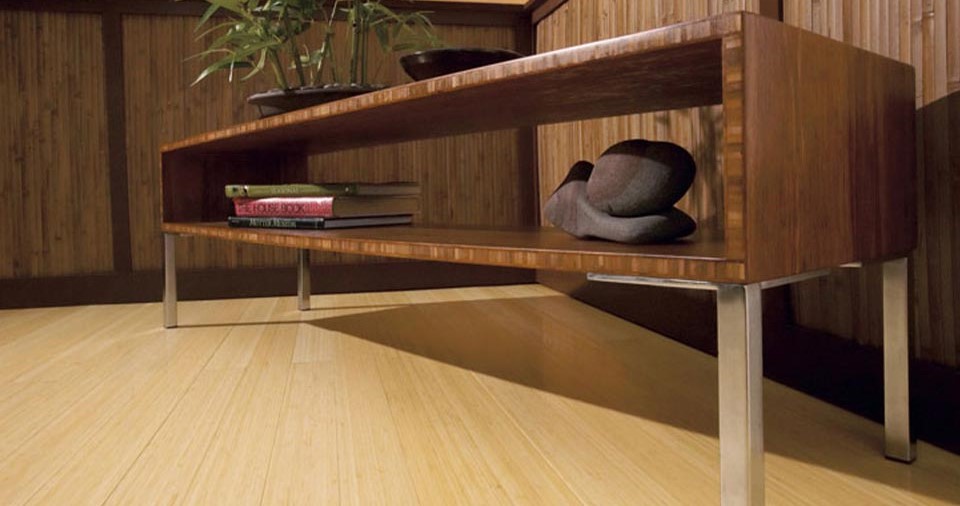
PlybooStrand Bamboo Plywood and Veneer
Beautiful and workable, PlybooStrand three-ply bamboo plywood and veneer sheets are sanded to 180 grit. The strand technology lends exceptional durability to furniture and cabinetry in your green home.

Sahara PlybooStrand Bamboo Plywood and Veneer

Neopolitan PlybooStrand Bamboo Plywood and Veneer

Havana PlybooStrand Bamboo Plywood and Veneer
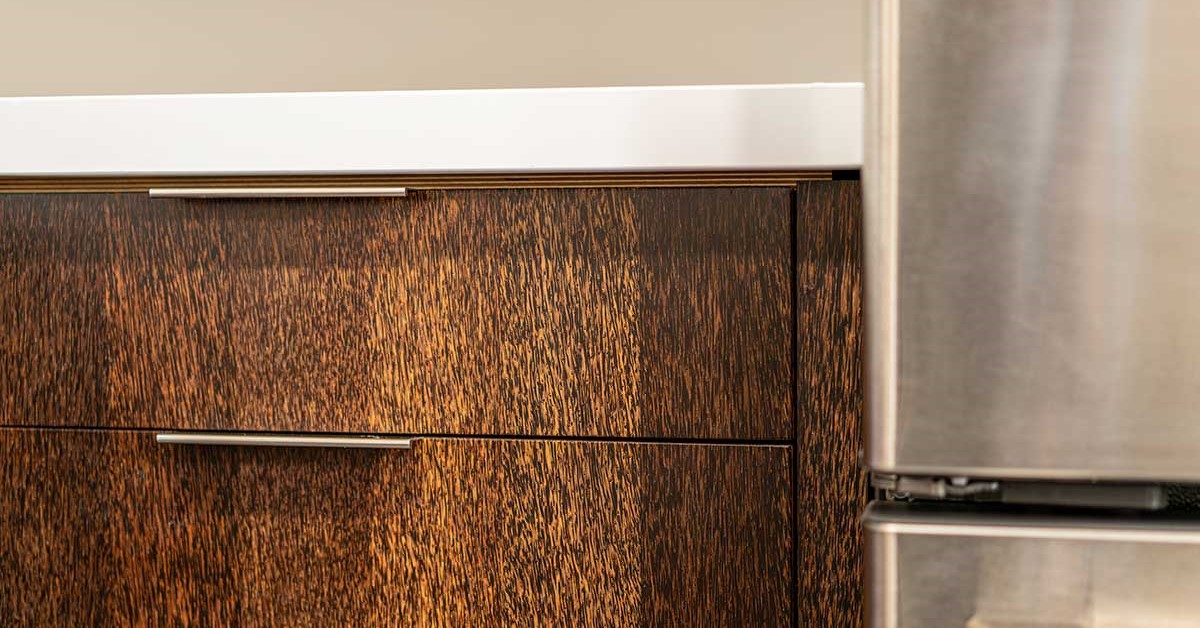
Durapalm Plywood
Smith & Fong has a passion for exotic, sustainable building materials and began offering palm flooring more than 20 years ago. Harvesting palm materials from plantations and other agricultural sources creates a sustainable industry in emerging markets, often benefiting small farmers directly. New processes and equipment developed by Durapalm bring you bamboo- or palm-core plywood of striking beauty and durability.
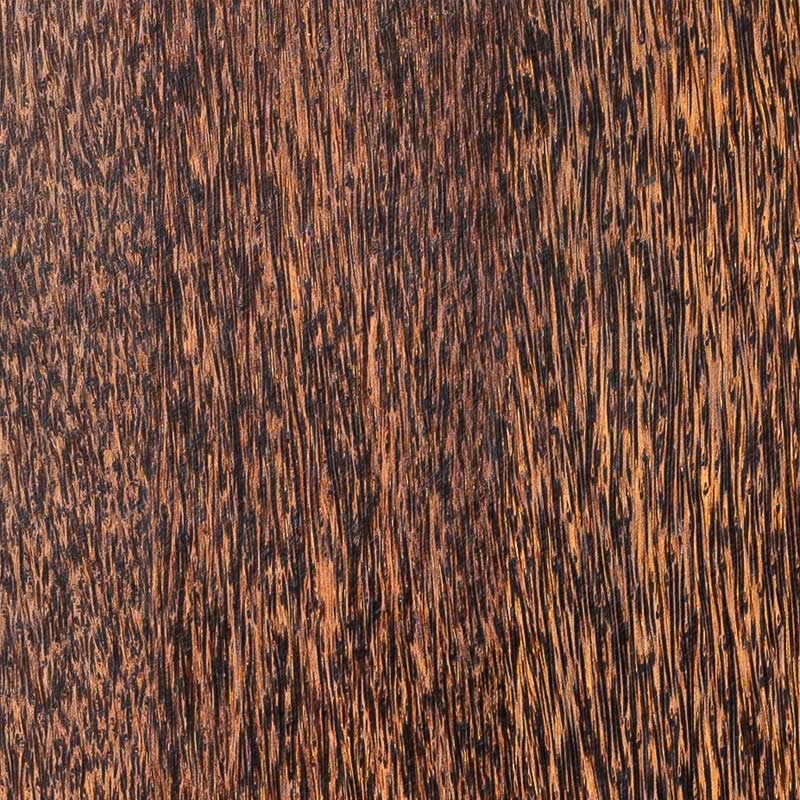
Sugar Palm Durapalm Plywood
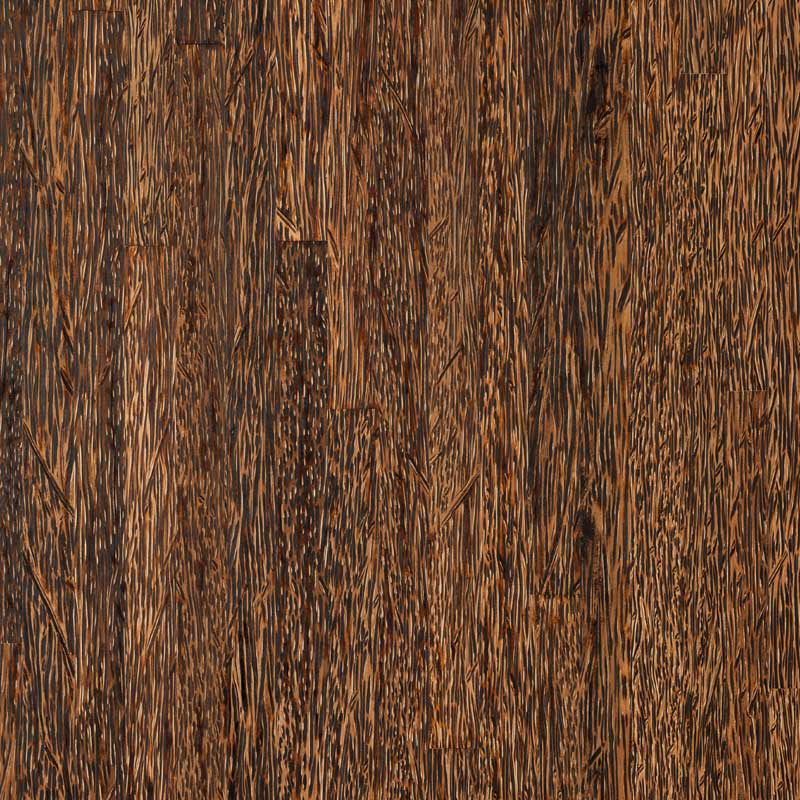
Sugar Deco Palm Plywood
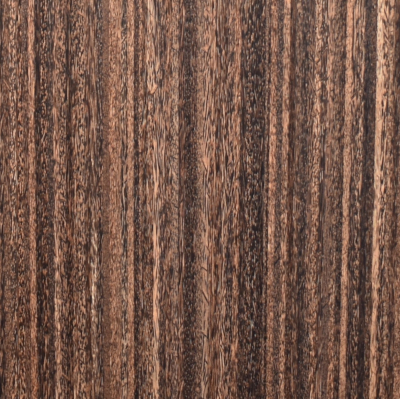
Sugar Linear Palm Plywood
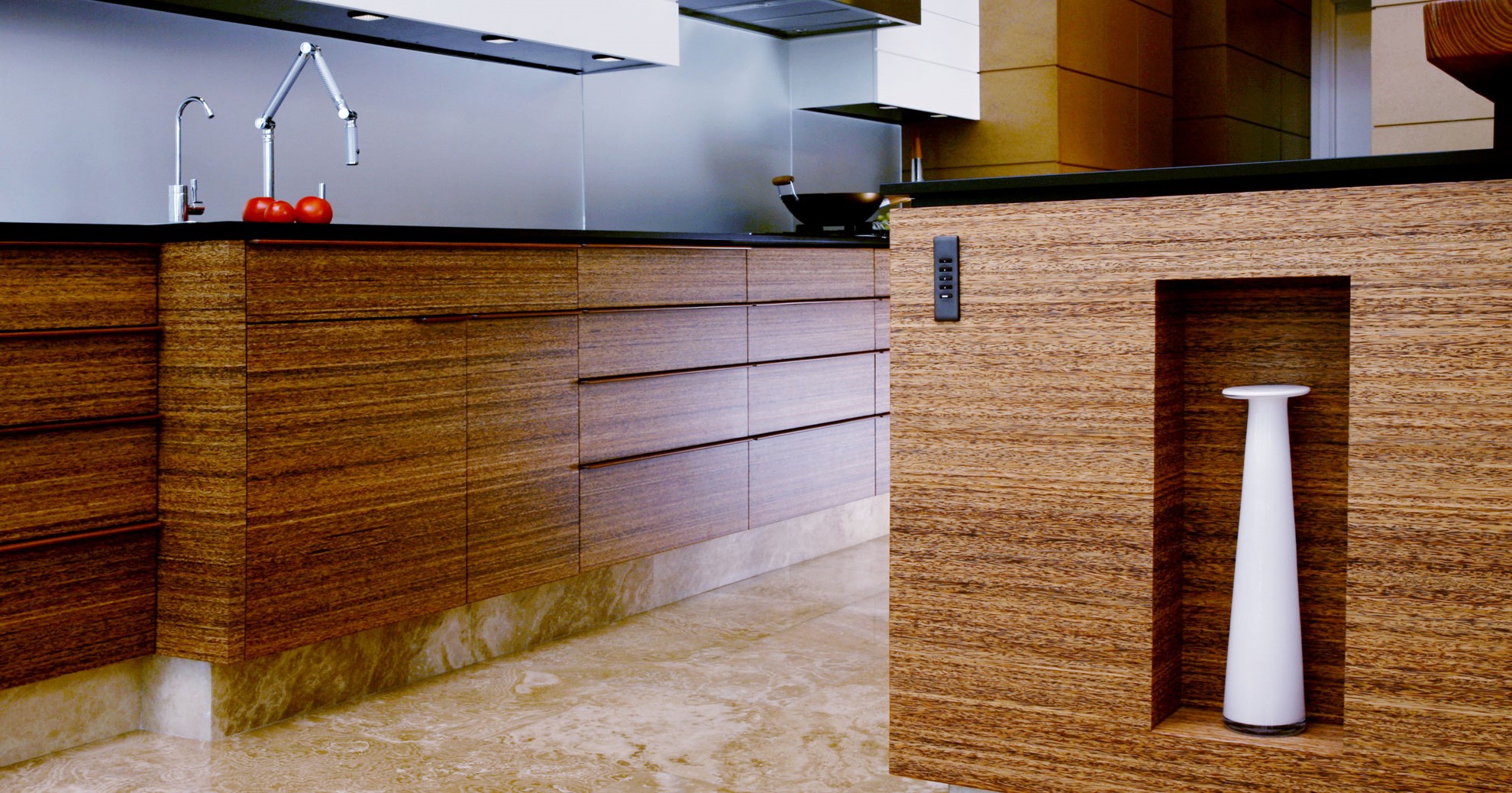
Durapalm Veneers
Rich and beautiful, Durapalm 0.04 to 3 mm palm veneers show darker tones and a wide range of grain patterns. In cabinetry, built-ins, and furniture, reclaimed palm wood is a exotic alternative to conventional wood veneers.

Sugar Palm Durapalm Veneer

Sugar Deco Palm Veneer
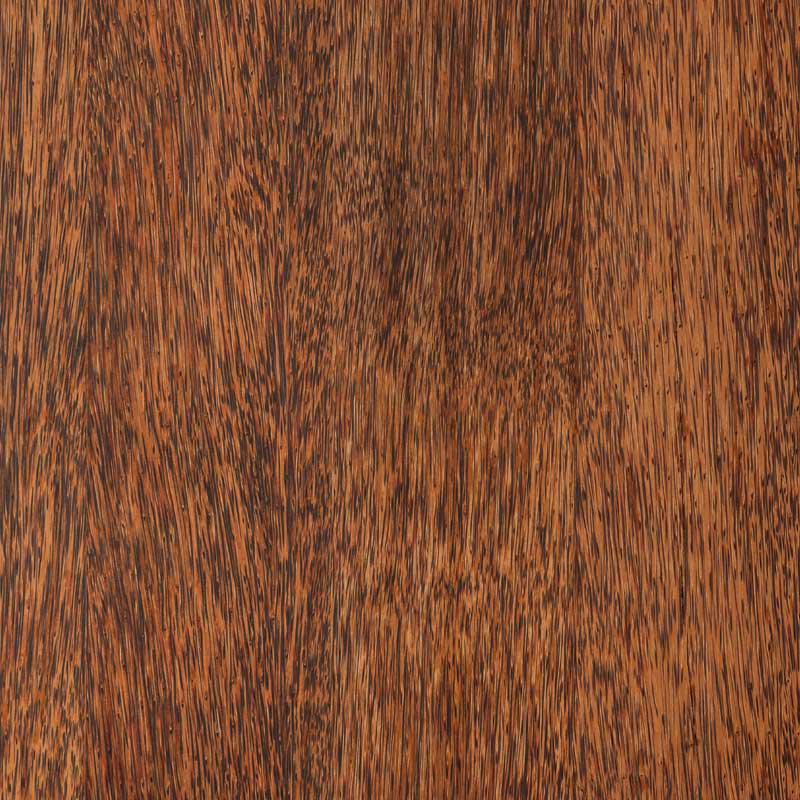
Coco Palm Veneer
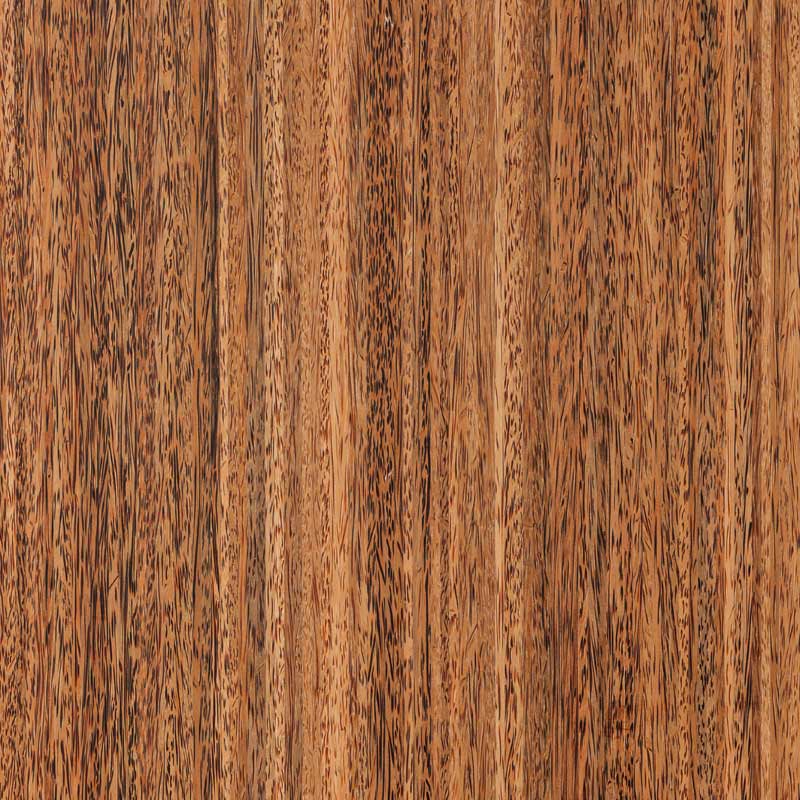
Coco Linear Palm Veneer

